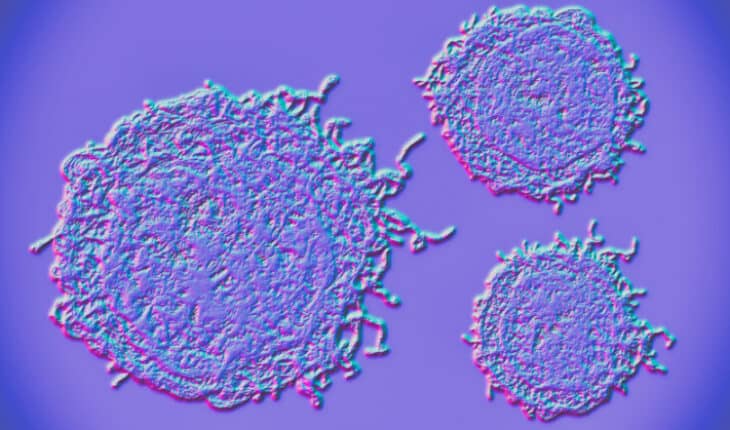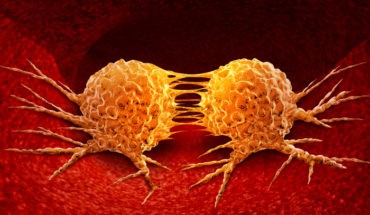Neuroendocrine prostate cancer could be restored to a state that responds to treatment: In the new study researchers at the Ketola Lab discovered a potential new target for drug development in neuroendocrine prostate cancer was discovered. The protein, DPYSL5, is expressed especially in this cancer type and could therefore be a suitable target for drug therapy.
The Ketola Lab collaborated with the University of British Columbia in Canada, utilising the university’s extensive collection of neuroendocrine prostate cancer patient tumor samples to verify the expression of the DPYSL5 protein in these samples.
Normally, the DPYSL5 protein regulates the development of neurons in the brain and is not expressed in other parts of the body. However, the researchers now found that antiandrogen treatment caused the DPYSL5 protein to be expressed in prostate cancer cells. As a result, these cells acquired stem cell-like and neuron-like properties observed in neuroendocrine prostate cancer cells.
DPYSL5 promoted cell transformation by activating the PRC2 complex, which caused cancer cells to go into a stem cell-like state. DPYSL5 also caused cancer cells to form extensions similar to those found in neurons, which helped them to invade the surrounding tissue.
However, depletion of DPYSL5 inactivated the PRC2 complex, prevented the formation of neuron-like extensions, and restored cells to a state where antiandrogen treatment was once again effective preventing cell division.
The findings can be used for the development of new cancer drugs.
“Next, we will be using novel imaging methods available at our Cell and Tissue Imaging Unit to screen drugs that inhibit the function of DPYSL5,” Academy Research Fellow Ketola says.
Published in Nature Communications Biology, the study was funded by the Research Council of Finland, the Sigrid Jusélius Foundation, the Finnish Cultural Foundation, the Finnish Cultural Foundation North Savo Regional Fund, and the Cancer Foundation of Finland.
Research article:
Kaarijärvi, R., Kaljunen, H., Nappi, L. et al. DPYSL5 is highly expressed in treatment-induced neuroendocrine prostate cancer and promotes lineage plasticity via EZH2/PRC2. Commun Biol 7, 108 (2024). https://doi.org/10.1038/s42003-023-05741-x
- Early onset dementia more common than previously reported - 26th July 2024
- Children’s Exposome Linked to Serum Metabolite Changes - 24th July 2024
- Is Melatonin the wonder drug of anti-aging? - 22nd July 2024






